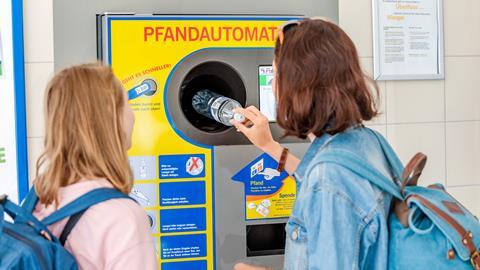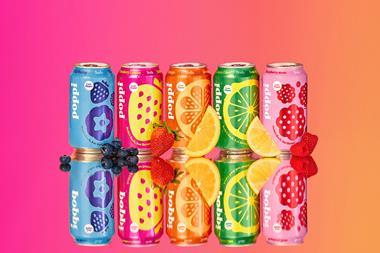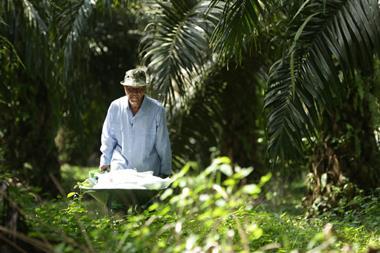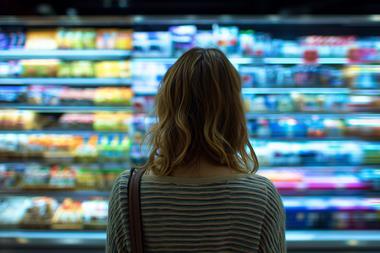Deposit Return Schemes (DRS) help to encourage a circularity mindset for consumers by rewarding recycling. Ahead of the introduction of DRS across the UK, SBF GB&I has unveiled some major new research on the effect of the planned schemes on shoppers and retailers
Deposit Return Schemes (DRS) put a small charge on the cost of an item of drinks packaging, which is given back to the consumer when the item is returned to a dedicated return point. Such schemes have had widespread success across Europe in countries including Germany and the Netherlands, where there are now redemption rates as high as 98%1.
Across all the nations in the UK, some elements of the planned DRS will remain consistent. However, there is variation across the different countries regarding the timing of the implementation and what container or material types are likely to be included within the schemes.
The majority of stores that sell soft drinks will be required to take back used drinks packages, either via a reverse vending machine (RVM) or manual returns. On return of each used drinks container, the consumer will receive the deposit back. The retailer will also receive a retailer handling fee (RHF) for every container they accept and process. It is hoped that deposit return schemes achieve a 90% collection rate after three years or sooner by UK nations.
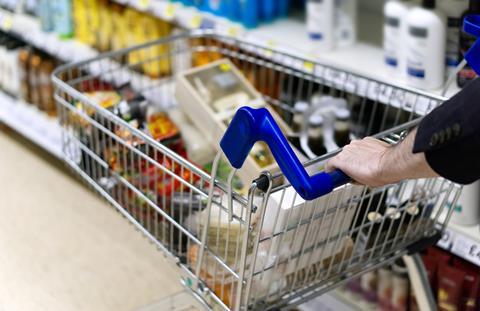
How will DRS affect retail?
Ahead of the introduction of DRS across the UK, Suntory Beverage & Food (SBF GB&I), the manufacturer of Lucozade and Ribena, has unveiled some major new research on what the effect of the planned schemes will be on shoppers and retailers. As part of its Growing for Good vision, it is working towards ambitious sustainability targets and is a passionate advocate for DRS. It believes that bottles and cans, when used appropriately, play a key role for the soft drinks industry.
It takes seven weeks for most shoppers to rethink their relationship with plastic bottles and to appreciate their value after being introduced to deposit return schemes.
Its new study, called Deposit Return Schemes: What’s in Store?, found that it takes just seven weeks for most shoppers to rethink their relationship with plastic bottles and to appreciate their value after living with the scheme.
The research comprised four distinct behavioural studies involving almost 8,000 people. This included placing over 5,500 people in a Virtual Reality shopping environment to see how they would behave when a theoretical DRS was introduced. Further studies with another group were focused on understanding how consumers lived with the schemes over an eight-week period.
It was observed that shoppers experience a three-stage mental shift when compelled to pay a deposit in a retail environment. We have identified these as surprise, review and reset.
Surprise: Shoppers experience surprise at being asked to pay more for soft drinks in a retail environment and return items for a fee. This fee is currently set at 20p per item in Scotland (with other devolved nations expected to introduce it at a similar level).
Review: In the second stage, consumers review their relationship with materials like plastic bottles and learn how to adjust to the new scheme rules after re-evaluating the value of their drinks packaging.
Reset: And in the final phase, shoppers reset and change their behaviour towards materials like plastic bottles resulting in new routines and different choices.
To read more about the findings of the research, download the full report Deposit Return Schemes: What’s in Store?

Matthew Deane, Head of Customer Marketing at SBF GB&I
1 Germany: Wie funktioniert das deutsche Pfandsystem? | Wissen & Umwelt | DW | 17.11.2021







